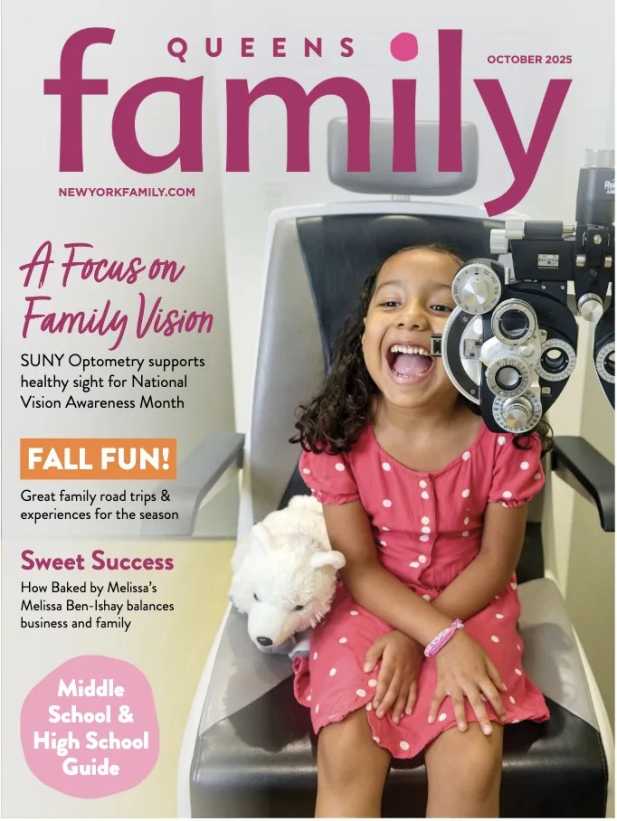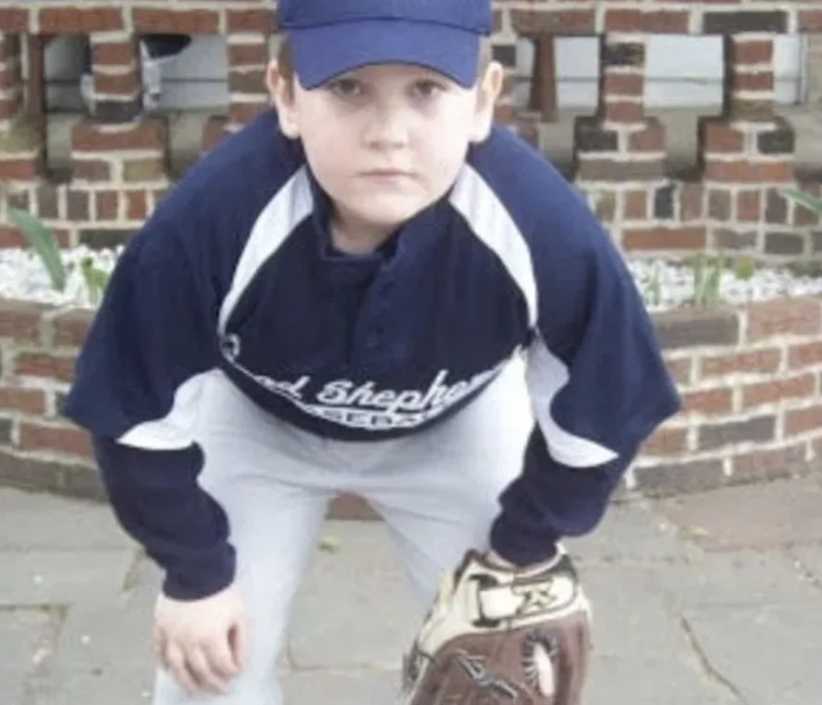 Anti-bullying advocate John Halligan’s 13-year-old son, Ryan, committed suicide in 2003 after having been bullied online and in person for about two years. Since then, Halligan has been on a mission to help parents guide their children through the difficult task of growing up.
Anti-bullying advocate John Halligan’s 13-year-old son, Ryan, committed suicide in 2003 after having been bullied online and in person for about two years. Since then, Halligan has been on a mission to help parents guide their children through the difficult task of growing up.
Since 2005, Halligan has lectured at more than 1,600 schools in North America, advising students how to survive the social world of middle school. In 2004, he helped push a bully prevention law in his then-home state of Vermont.
In the first of a two-part series aimed at helping kids get through adolescence as healthily and as unscarred as possible, he offers five general recommendations.
1. When your pediatrician measures your child’s vital statistics every year, ask the doctor (in advance and in private) to do a full body scan to check for cutting or other ways a child might have intentionally injured himself or herself.
2. Ask your children: “If you were afraid to come to us with a problem, to whom would you turn?” Often children don’t want to worry their parents with what’s bothering them or they are just too embarrassed. So make sure they have another wise adult in whom they can confide. Commonly children will confide in peers and friends, who are ill equipped to help them handle difficult situations.
3. Make sure they have friends from different activities, not just school—soccer, drama, dance or Scouts—so that, should they have troubles with one set of peers, they can get encouragement and validation from others.
4. Discuss bullying with your child. How would he or she handle it if they were bullied? What would he or she do as a bystander? Explain how bullying damages the abusers as well as the victim.
5. When you’re talking to your child at the end of the day, ask “How do you feel today?” rather than “How was school?”
Lastly, Halligan urges parents of children who have been bullied to start a journal with the particulars—date, time, place, bystanders, bully, and conditions. The idea is so that when parents go to the school to report the problem, they will have the facts well documented ahead of time. Too often, parents meet officials with no notes – but lots of emotion, which is understandable but can be hard for outsiders to follow.
To learn more, visit ryanpatrickhalligan.org!
Hillary Chura is our Le$$er Parenting columnist. In addition to writing about family issues, she shares tips on how families can live in NYC for less money. Follow her @hillarychura.





























